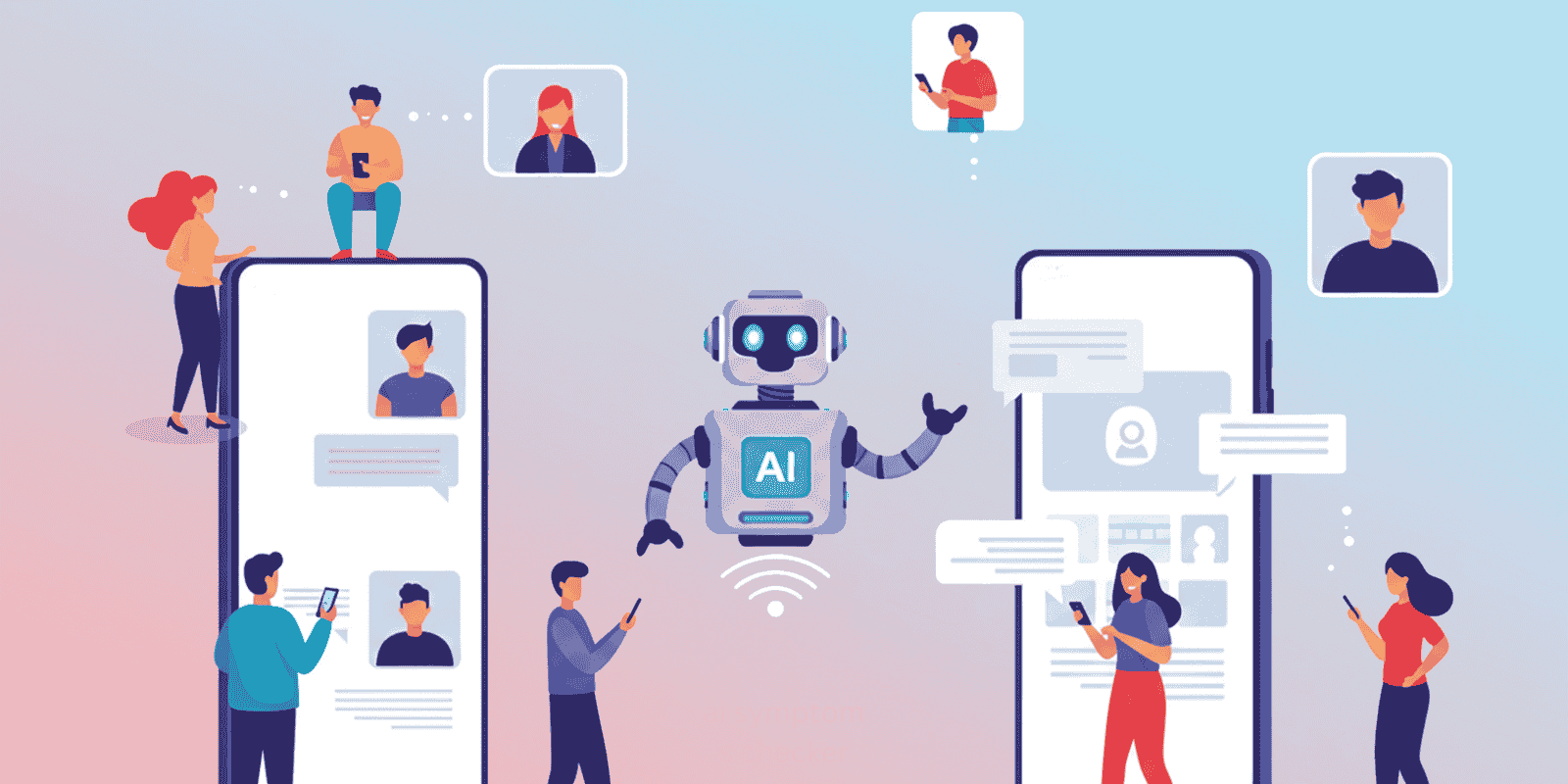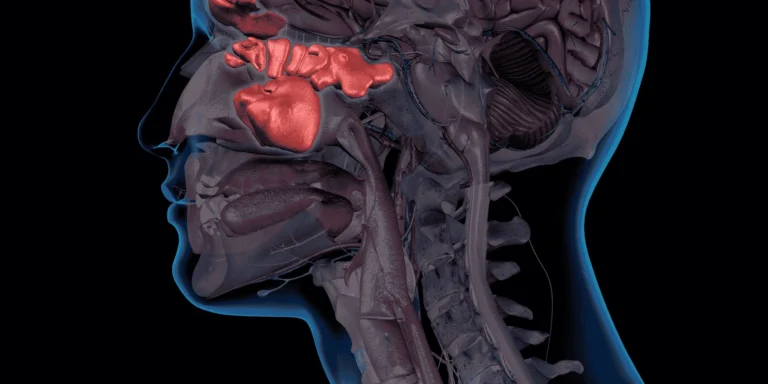AI symptom checkers are everywhere now. WebMD, Mayo Clinic, dozens of apps — all promising to tell you what’s wrong based on your symptoms.
But how accurate are they really? And when should you trust them versus seeing a real doctor?
The Good News About AI Accuracy
Modern AI symptom checkers are surprisingly good at identifying common conditions. Studies show they correctly identify the right diagnosis about 70-80% of the time for straightforward problems.
They excel at pattern recognition for things like:
- UTIs with classic symptoms
- Strep throat presentations
- Common skin conditions
- Respiratory infections
- Digestive issues
Where AI Falls Short
AI struggles with nuanced situations. It can miss:
- Rare conditions that don’t fit typical patterns
- Multiple overlapping health issues
- Psychological factors affecting physical symptoms
- Subtle signs that experienced doctors catch
I’ve seen AI miss serious conditions because the symptoms were slightly atypical or the patient described things differently than the algorithm expected.
The “Garbage In, Garbage Out” Problem
AI is only as good as the information you give it. If you’re vague about symptoms, skip important details, or answer questions incorrectly, the AI will give you wrong guidance.
Many people also minimize or exaggerate symptoms when talking to a computer versus a human doctor.
Reliable for Triage, Not Diagnosis
The best AI symptom checkers work like smart triage nurses. They’re good at determining urgency:
- “This needs emergency care now”
- “See a doctor within 24 hours”
- “Monitor symptoms and self-care”
They’re less reliable for specific diagnoses, especially for complex or unusual presentations.
Quality Varies Wildly
Not all AI symptom checkers are created equal. Some are built by reputable medical organizations with physician oversight. Others are created by tech companies with minimal medical input.
Look for platforms that:
- Have clear medical oversight
- Don’t promise definitive diagnoses
- Provide appropriate safety nets for serious symptoms
- Are transparent about their limitations
When to Trust AI Guidance
AI symptom checkers work well for:
- Common, straightforward symptoms
- Deciding if something needs urgent care
- Getting general health information
- Initial assessment of routine problems
When to Skip AI and See a Doctor
Go straight to human medical care for:
- Severe or worsening symptoms
- Multiple complex symptoms
- Chronic ongoing issues
- Anything that feels “different” or worrying
- Situations where you need empathy and reassurance
The FDA-Approved Difference
Some AI platforms have FDA clearance as medical devices. These tend to be more reliable because they meet higher safety and accuracy standards.
My Take as a Physician
AI symptom checkers are useful tools, not replacements for medical judgment. They can help you understand your symptoms and determine urgency, but they can’t replace the nuanced thinking that comes with medical training and experience.
Use them as a starting point, not the final answer. And if something feels wrong or you’re worried, trust your instincts and see a real doctor.
The technology is improving rapidly, but we’re not at the point where AI can handle all medical situations reliably.












